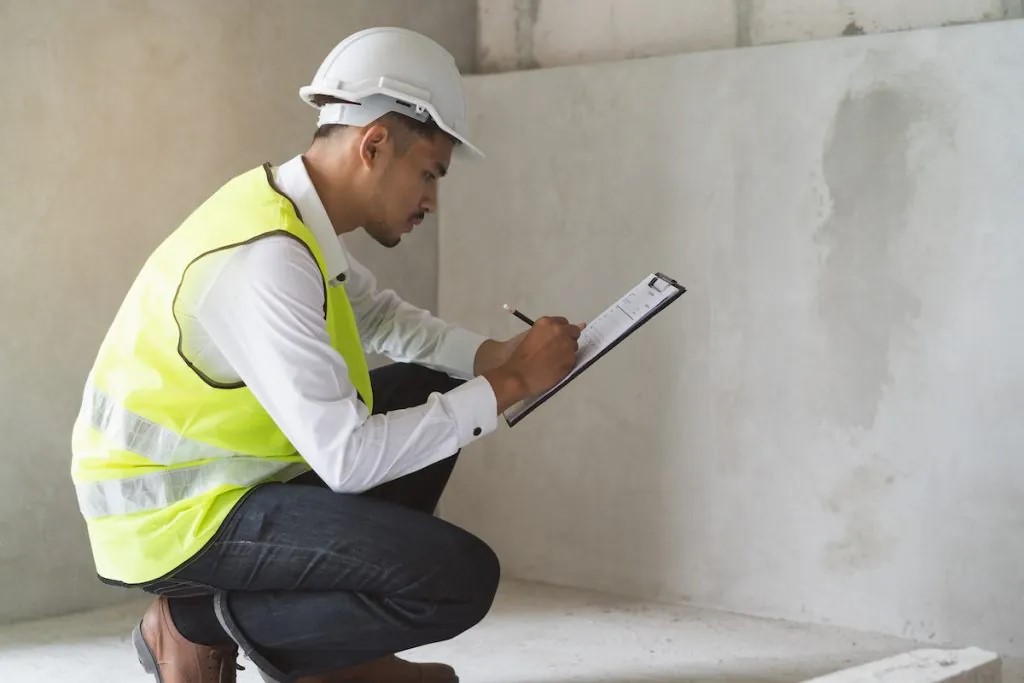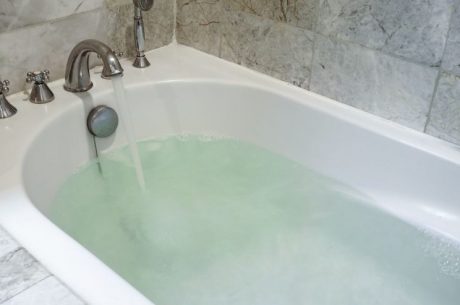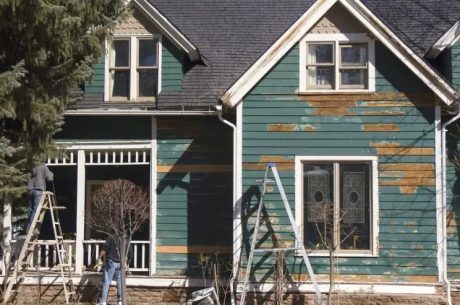Imagine finding your dream home: great size with plenty of space for your family, a wonderful location in the best school district. It seems perfect. But then you find out the home has water damage. Though this may not be a complete deal-breaker, it definitely puts a damper on the initial excitement. When you’re thinking about buying a water-damaged house, there are a few things you’ll need to keep in mind.
If you’re considering purchasing a water-damaged home in Suffolk or Nassau County, NY, it’s important to understand the potential risks and necessary steps to protect your investment. Water damage can vary in severity, and knowing how to assess and address it is crucial before making a decision.
First and foremost, it’s important to understand that a home with water damage can be a major financial investment. Not only will you need to make repairs to the property, but your insurance rates may go up once you own a water-damaged house.
Nevertheless, there are still a majority of people who are interested in buying a water-damaged house. In some cases, the damage isn’t as severe as it looks, and the repairs aren’t too expensive. Additionally, many people see water-damaged homes as an opportunity to get a great deal on a property.

If you’re considering buying a house with water damage, we’ll discuss a few things you’ll want to keep in mind.
How Can I Tell if a Home Has Water Damage?
There are a few things to look for when inspecting a home for water damage. The first is obvious signs of water damage, such as stains on the walls or ceiling. Water stains are usually brown or yellow in color and may be accompanied by mold.
Another sign of water damage is peeling paint or wallpaper – this can indicate a leak that has since been repaired. However, there is the possibility that the repairs may not have been done properly, and the problem could reemerge in the future.
Finally, you will want to be aware of any musty odors in the home. Musty odors are often caused by significant mold issues and can indicate extensive water damage.
Keep in mind that not all water damage is visible. Just because you do not notice any of these signs does not mean there is no existing damage in the home. A home inspector will be needed to truly check the home.
What Causes Water Damage in Homes?
Water damage in homes can be caused by a number of different things. The most common causes are leaks from a burst pipe or a leaky roof. Leaks can occur in pipes, fixtures, and appliances, and if they are not fixed promptly, they can cause extensive water damage.
Another common cause of water damage is flooding. Flooding can occur due to heavy rains, broken dams, or other natural disasters. If your home is located in a flood zone, it is important to have flood insurance to protect yourself from costly repairs.
Finally, water damage can also be caused by problems with the foundation of the house. Foundation cracks can allow water to seep into the basement, causing considerable damage.
What Should I Do Before Buying a House with Water Damage?
Work With a Real Estate Agent
Real estate agents are familiar with the process of buying and selling water-damaged homes. They can help you navigate the process and find the best deal on a property. They are also the experts that can help you negotiate a price reduction, if applicable, based on the damage.

Get a Home Inspection
It’s crucial to have a professional complete a comprehensive water damage inspection of the property. This will help you assess the extent of the damage, determine if there is considerable structural damage, and prepare for any necessary repairs.
Consider the Home’s Location
You should consider whether or not the house is located in a flood zone. If so, you’ll need to purchase flood insurance. Flood insurance can be expensive, so you’ll need to factor that into your budget.
Obtain Homeowner’s Insurance Quotes
It is recommended that you get homeowner’s insurance quotes from several local insurance agencies. Homeowner’s insurance rates can vary based on the property’s history of water damage, its location, and the extent of the damage.
Plan for Future Repairs and Maintenance
Water damage can lead to ongoing issues such as mold growth, structural problems, and foundation concerns. Plan for potential future repairs and maintenance that may arise even after the initial restoration.
Check for Necessary Permits and Certifications
Ensure that any past repairs or renovations done to address water damage were completed with the necessary permits and certifications. This can affect the home’s value and your ability to sell it in the future.
Consult a Financial Advisor
Given the potential financial implications of buying a water-damaged home, consulting a financial advisor may be beneficial. They can help you understand the long-term financial impact and assist in creating a budget that includes all necessary expenses.
Understand the Legal Implications
Familiarize yourself with the legal implications of buying a home with water damage. This includes understanding your rights and responsibilities as a buyer, as well as any disclosures the seller is required to make about the property’s condition.
What Should I Do After Buying a Water Damaged House?
After careful consideration, you’ve decided to purchase the home of your dreams despite the water damage; now what? Once you’ve purchased a water-damaged home, it’s important to take care of any water damage repairs as soon as possible.
The longer you wait to make repairs, the worse the damage can become. Water damage may sometimes lead to mold growth, so immediately repairing water damage can help you avoid mold removal and mold remediation costs. Also, if you don’t take care of the repairs in a timely manner, your homeowners’ insurance rates could increase.
Be sure to document the damage as soon as possible so you have a record of what needs to be repaired. Take pictures and videos of the damage and keep track of any receipts and paperwork for repairs. This will help you when it comes time to file a claim with your insurance company.

PuroClean of Huntington is Available 24/7 for Water Damage Remediation
If you’re dealing with water damage in your home in Suffolk or Nassau County, NY, don’t hesitate to call PuroClean of Huntington. We are available 24/7 to help you with any water damage remediation and restoration. Our team of professionals has extensive experience dealing with both residential and commercial water damage and can help restore your property.
We serve communities throughout Long Island, including Huntington, Northport, Commack, Dix Hills, Melville, and surrounding areas. Our services include water extraction, drying, dehumidification, and mold prevention to ensure your property is restored to its pre-loss condition.
For expert water damage restoration services, contact PuroClean of Huntington at (631) 402-9700. We are here to help you navigate the water damage restoration process with ease and efficiency.




 PuroClean of Huntington
PuroClean of Huntington